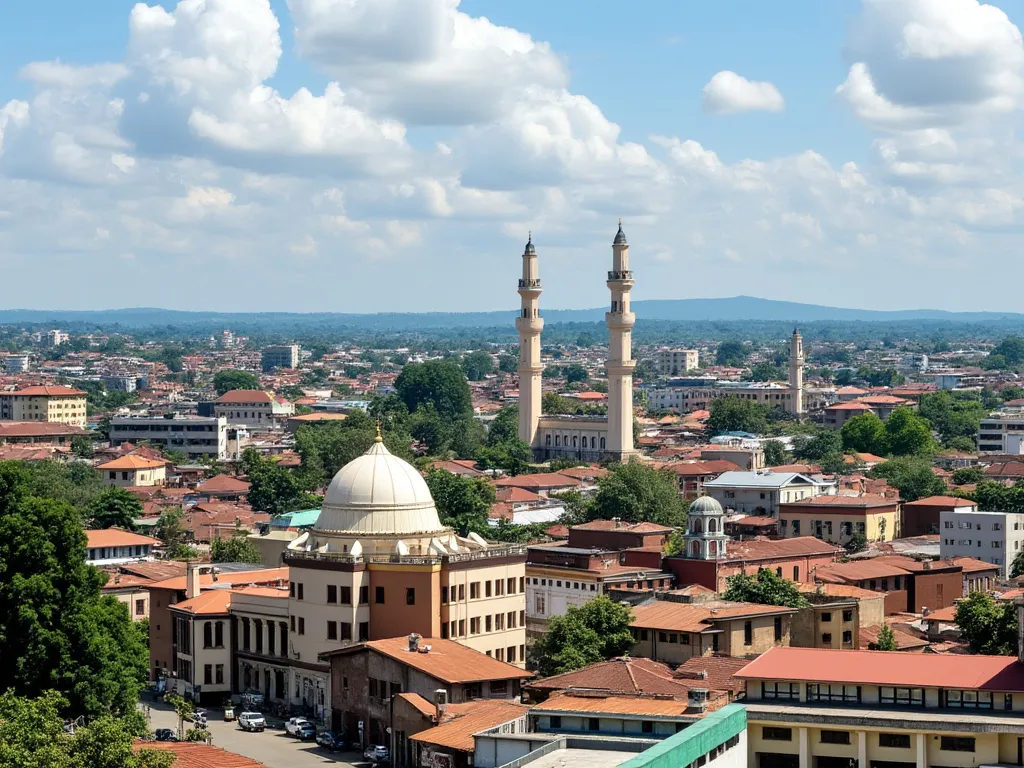
Kampala, la capital y ciudad más grande de Uganda, es una metrópolis bulliciosa situada a orillas del lago Victoria. El nombre de la ciudad, derivado de la palabra luganda "kasozi k'empala," que significa "colina de impalas," refleja su belleza natural y rica herencia cultural.
Información sobre Kampala
| País | 🇺🇬 Uganda |
| Población | 1.6 millones (estimación de 2020) |
| Coordenadas | 0.3167° N, 32.5833° E |
| Área | 189 km² (73 millas cuadradas) |
| Clima | Clima de sabana tropical (clasificación climática de Köppen: Aw) |
| Idioma | Inglés (oficial), Luganda, Swahili |
| Moneda | Chelín ugandés (UGX) |
| Zona horaria | Hora de África Oriental (EAT) (UTC+3) |
| Proximidad a otras ciudades importantes | Entebbe (35 km/22 mi), Jinja (87 km/54 mi), Nairobi (670 km/416 mi) |
Antecedentes históricos de Kampala
La historia de Kampala se remonta al siglo XIV, cuando era un pequeño pueblo de pescadores. A finales del siglo XIX, la ciudad se convirtió en un centro administrativo colonial británico, y su ubicación estratégica la convirtió en un importante centro de comercio y comercio. Después de que Uganda obtuvo su independencia en 1962, Kampala continuó creciendo y desarrollándose, convirtiéndose en el centro económico y cultural del país.
Ubicación geográfica de Kampala
Kampala está situada en la región central de Uganda, aproximadamente a 35 kilómetros (22 millas) al noroeste del Aeropuerto Internacional de Entebbe. La ciudad se encuentra a orillas del lago Victoria, el segundo lago de agua dulce más grande del mundo, y está rodeada de colinas onduladas y frondosos bosques verdes. La elevación de la ciudad varía de 1,200 a 1,400 metros (3,900 a 4,600 pies) sobre el nivel del mar.
Significado cultural de Kampala
Kampala es un crisol de culturas, con una mezcla de influencias tradicionales y modernas. La ciudad alberga numerosas atracciones culturales, incluyendo el Museo de Uganda, el Teatro Nacional y el Centro Cultural Ndere. La vibrante escena musical de la ciudad, que presenta estilos tradicionales y contemporáneos, también es un gran atractivo para los visitantes.
Importancia económica de Kampala
Kampala es el centro económico de Uganda, con una amplia gama de industrias, incluyendo manufactura, finanzas y turismo. La ciudad alberga la Bolsa de Valores de Uganda y el Banco de Uganda, y su ubicación estratégica la convierte en un importante centro de comercio y comercio en la región.
Datos interesantes sobre Kampala
- Kampala alberga las famosas Tumbas de Kasubi, un sitio del Patrimonio Mundial de la UNESCO y el lugar de entierro de los reyes del Reino de Buganda.
- La ciudad es conocida por su vibrante vida nocturna, con numerosos bares, clubes y restaurantes.
- Kampala alberga la Mezquita Nacional de Uganda, una de las mezquitas más grandes de África.
- La ciudad organiza varios festivales a lo largo del año, incluyendo el Festival Internacional de Teatro de Kampala y el Festival de Música de Uganda.
Atracciones turísticas en Kampala
- Museo de Uganda
- Teatro Nacional
- Centro Cultural Ndere
- Tumbas de Kasubi
- Mezquita Nacional de Uganda
- Lago Victoria
- Jardines Botánicos de Entebbe
Conclusión sobre Kampala
En conclusión, Kampala es una ciudad vibrante y culturalmente rica que ofrece una mezcla única de atracciones tradicionales y modernas. Desde su impresionante belleza natural hasta su próspera escena cultural, Kampala es un destino de visita obligada para cualquiera que esté interesado en explorar el corazón de África.
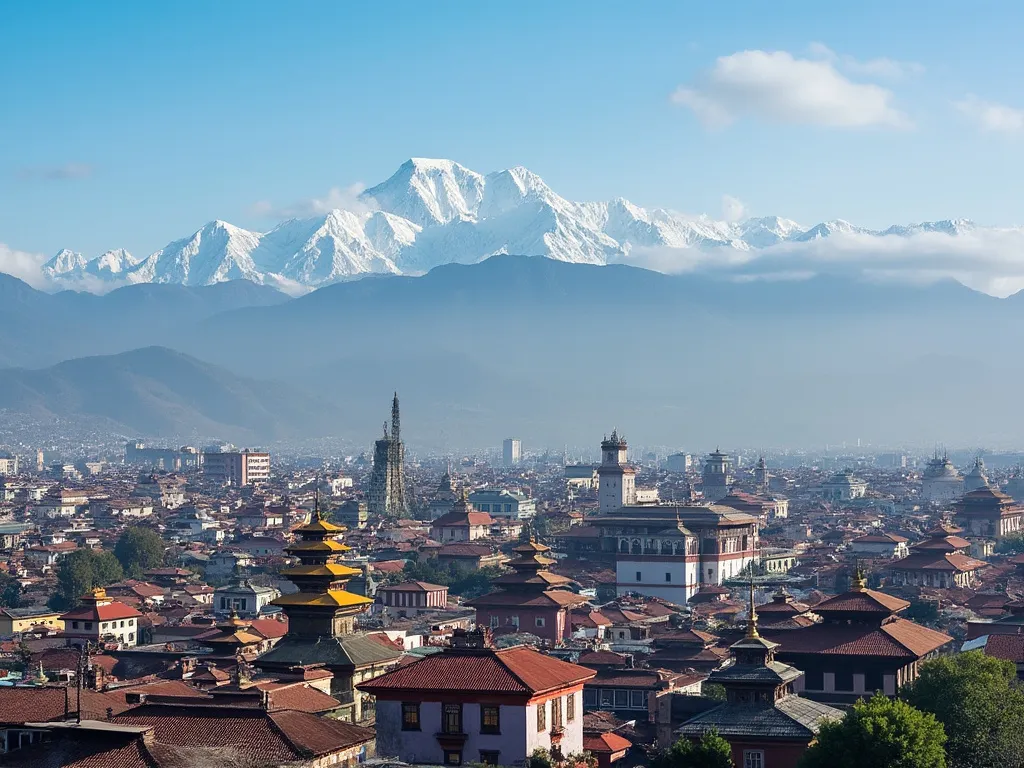 Katmandú
Katmandú
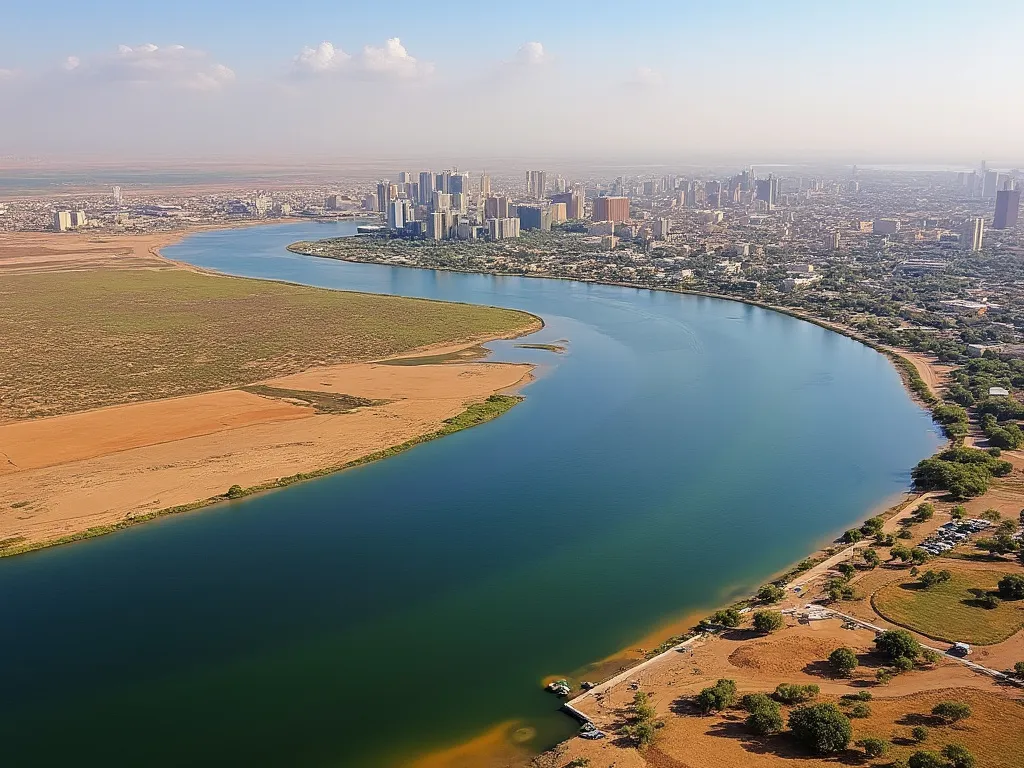 Jartum
Jartum
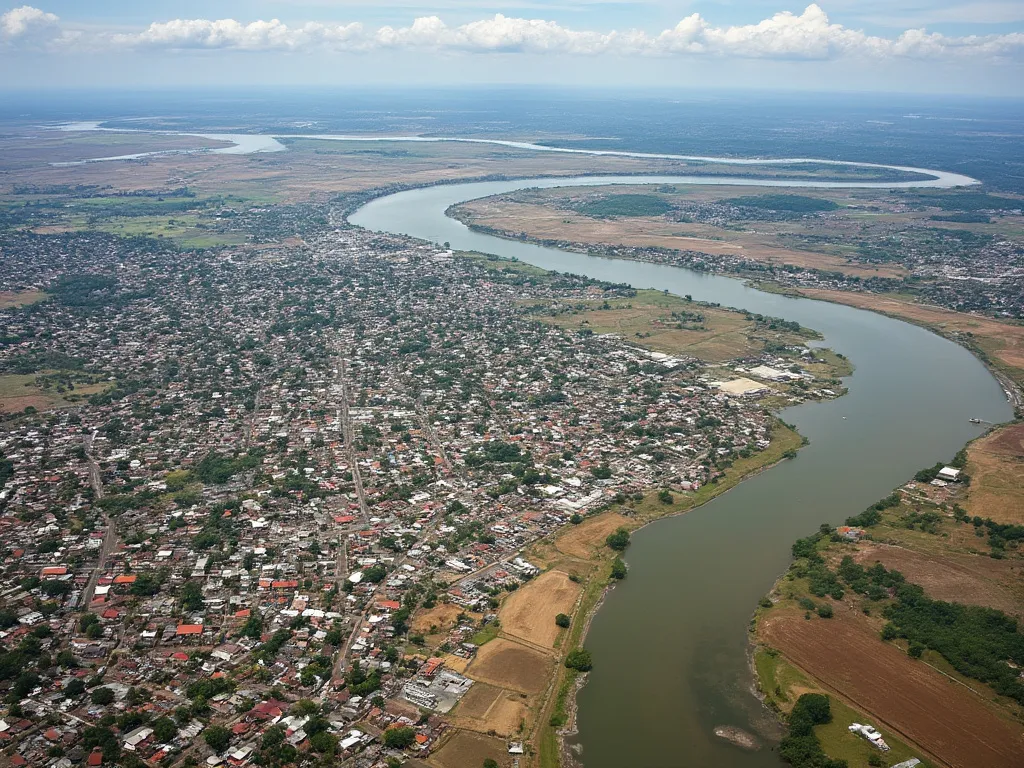 Yuba
Yuba
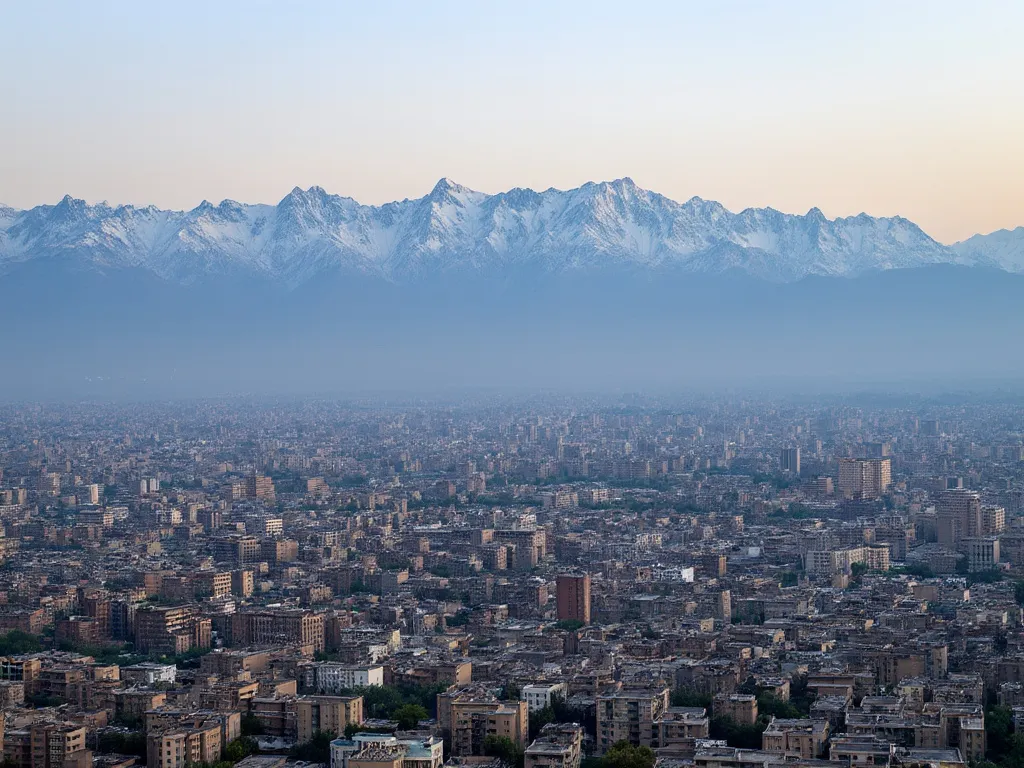 Kabul
Kabul